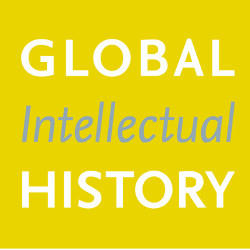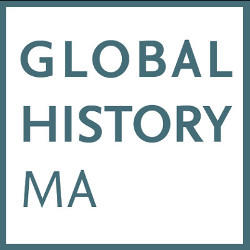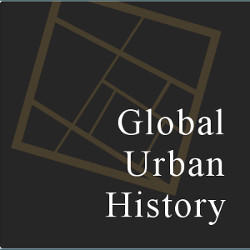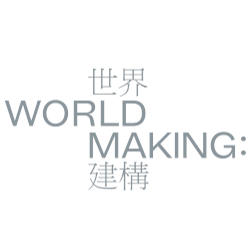Dr. Mikko Toivanen
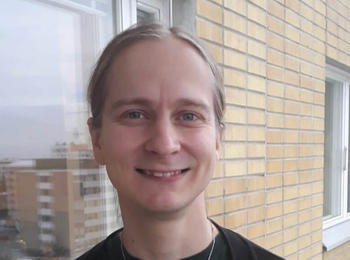
Friedrich-Meinecke-Institut
Global History
Visiting Scholar (July 2023 - December 2024)
Mikko Toivanen joins the Friedrich-Meinecke-Institut as a research fellow funded by the Finnish Academy of Science and Letters. He specialises in global and colonial history with a focus on the British and Dutch colonies in nineteenth-century Southeast Asia. His current research project investigates the development of colonial urban culture and different notions of public space in Singapore and Batavia (now Jakarta) in the latter half of the nineteenth century. His further research interests include the history of Nordic colonial entanglements, the global history of forestry research and practices, and the transnational circulations of imperial knowledge.
Toivanen defended his PhD, on colonial travel and tourism in Southeast Asia, at the European University Institute (Florence, Italy) in 2019. He also holds a MA from Leiden University (2014) and a BA from the University of Warwick (2012). Before arriving in Berlin, he was employed as an assistant professor at the University of Warsaw.
‘Staging a Colonial Capital: The Construction of Public Space in Singapore and Batavia through Spectacle and Ceremony, 1840-1900’
My current project examines the ceremonial and everyday uses of public space in the Southeast Asian colonial capitals Singapore and Batavia (now Jakarta) around the middle of the nineteenth century. The research examines how colonial authorities sought to instrumentalise the space of the city as a means to inscribe new social and cultural meanings into urban society and to embody a holistic vision of colonial life in the cityscape. I also seek to chart how these top-down, imperial visions were contested by the various – Asian and European – communities of the two cities. The project situates Singapore and Batavia in their wider Indian Ocean and global contexts and examines colonial urban culture as a product of European and Asian, global and local influences.
The project has been ongoing since January 2021, and has previously been hosted at the Munich Centre for Global History (Ludwig-Maximilians-Universität) and the University of Warsaw; the work has also been generously supported by the Osk. Huttunen Foundation and the Finnish Academy of Science and Letters. The first two articles of the project have recently appeared in Early Popular Visual Culture and in Asian Ethnicity, respectively (see publications). At the Freie Universität, I will be working on two further articles and a book chapter.
Recent publications
‘The colonial city in motion: managing ethnic diversity through public processions in Singapore and Batavia, 1840-1870, Asian Ethnicity, 24:4 (2023), 523–543. [https://doi.org/10.1080/14631369.2022.2084360].
‘A Nordic colonial career across borders: Hjalmar Björling (1848–1885) in the Dutch East Indies and China’, Journal of Imperial and Commonwealth History, 51:3 (2023), 421–441 [https://doi.org/10.1080/03086534.2023.2205697].
‘The speech of the subaltern transcribed: quoting practices and language ‘errors’ in colonial travel writing’, International Journal for History, Culture and Modernity, 10:1–4 (2022), 62–73 [https://doi.org/10.1163/22130624-20230005].
‘Putting imperial time on show: visual culture in mid-nineteenth-century anniversaries of Singapore and Batavia’, Early Popular Visual Culture, 20:2–3 (2022), 206–234 [https://doi.org/10.1080/17460654.2022.2065727].
‘Java on the way around the world: European travellers in the Dutch East Indies and the transnational politics of imperial knowledge management, 1850-1870’, BMGN – Low Countries Historical Review, 134:3 (2019), 47–71 [https://doi.org/10.18352/bmgn-lchr.10742].

